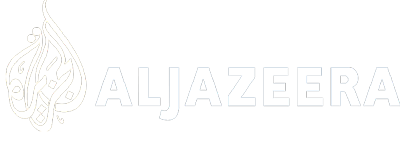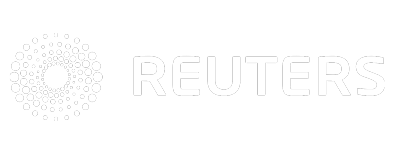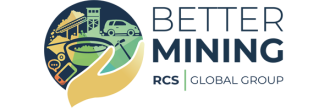
The mineral agnostic, digitally enabled, artisanal and small-scale mining (ASM) upstream assurance and improvement program, which addresses ESG risk areas to serve mining communities and the minerals value chain, worldwide.

Better Mining delivers ESG improvements through the establishment of better practices across the ASM sector.
Every day our teams work on ASM sites to collect risk data, implement digital product traceability, build local capacity for better practices, recommend corrective actions and report on the closure of recommended actions, which are implemented by local stakeholders. Our work directly enables and drives the proliferation of better practices along the ASM minerals value chain, as is captured in our annual Impact Report.
ASM Communities
Better Mining advances inclusion, builds cooperative capacity for better practices, and reduces risks for communities. This enables a better present and a better future for ASM communities.
Midstream
Better Mining enables OECD and smelter audit program conformant responsible sourcing of raw materials from CAHRAs.
Downstream
Better Mining offers data-evidenced improvement of ASM conditions and advances better due diligence practices in the midstream and upstream.
Development Sector
Better Mining accelerates development impact in mining communities through its existing presence and implementation capacity on ASM sites.
Host Government
Better Mining builds local capacity of technical state services, while delivering ASM sector data to host governments, enabling better ASM sector governance.
Better Mining delivers continuous improvement, based on…

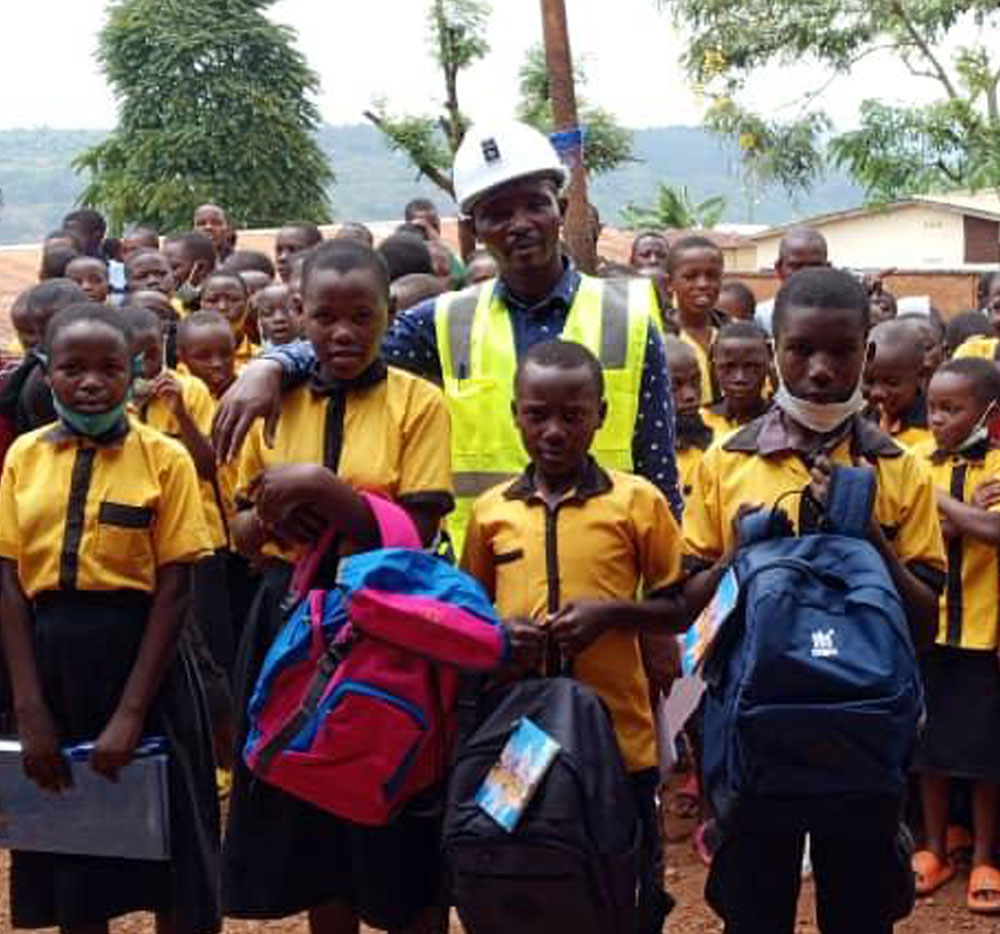
Corrective Actions
implemented or in progress
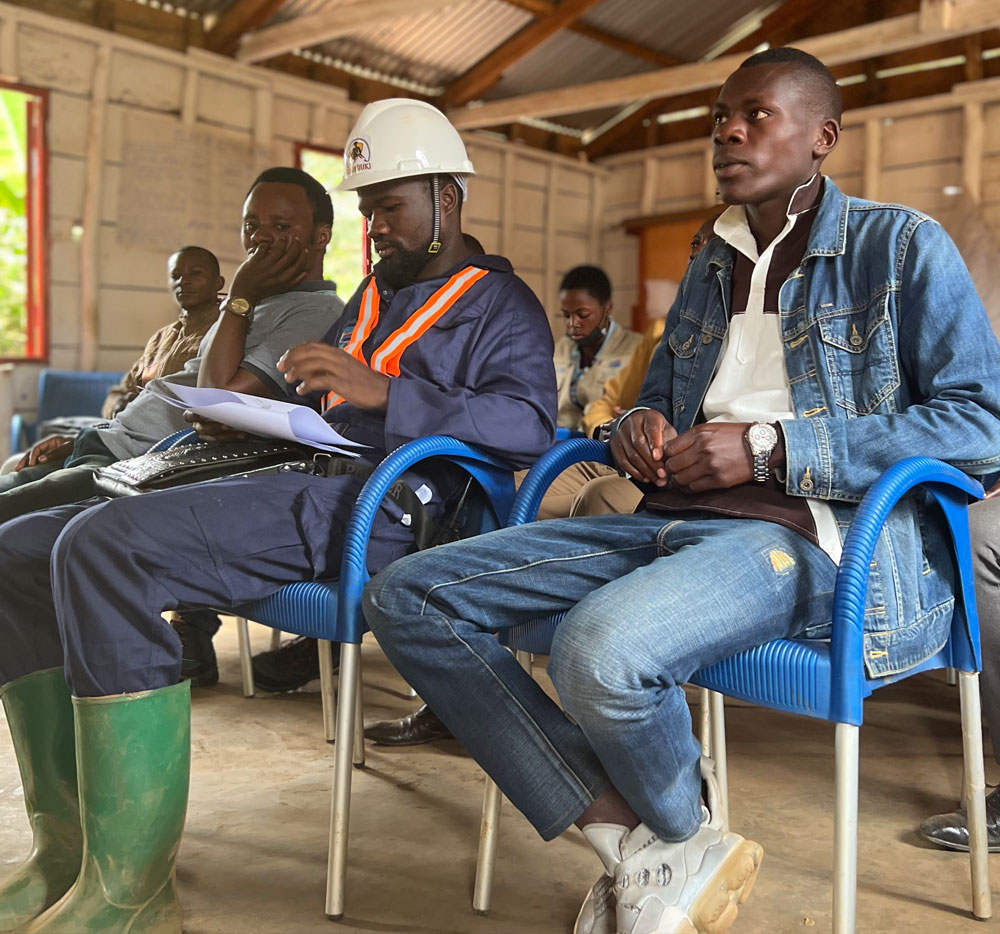
Corrective Actions
assigned by Better Mining
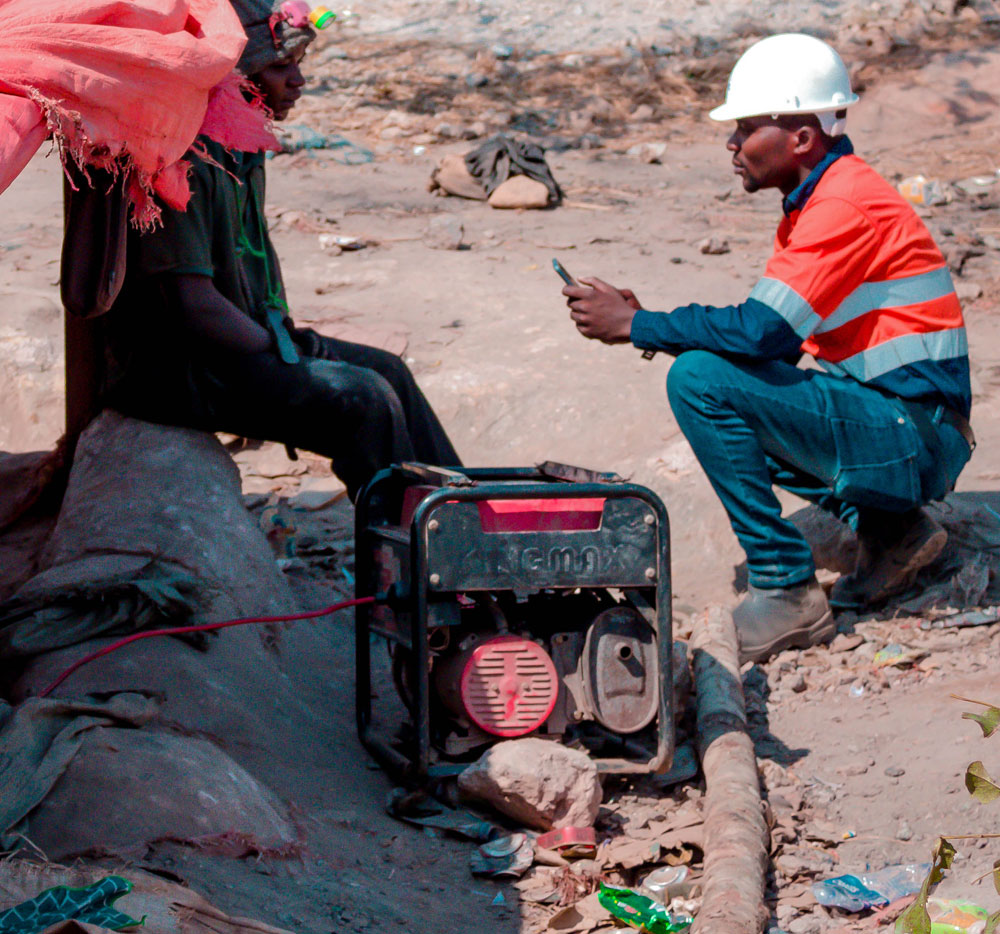
Incidents registered &
translated into risk data
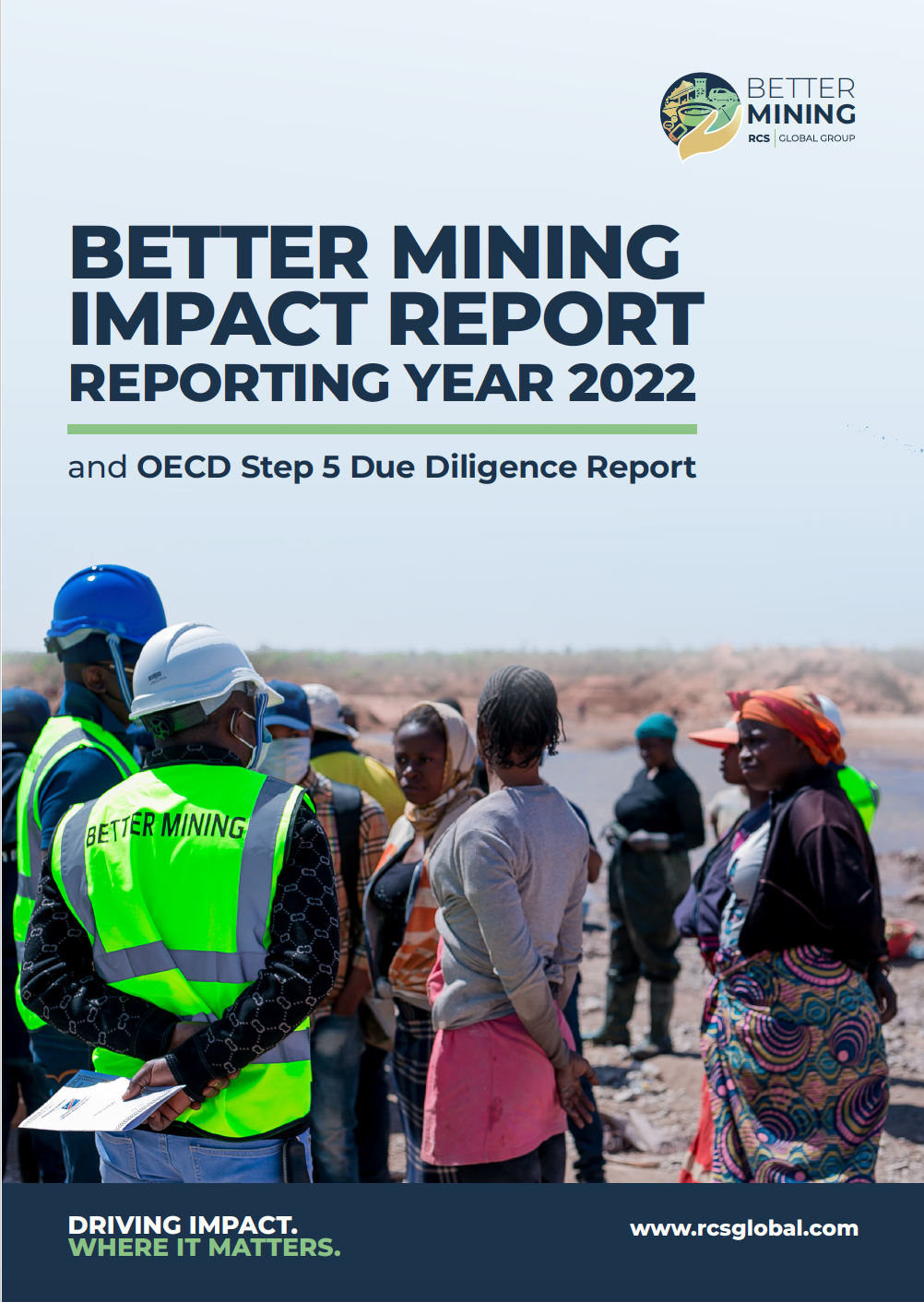
Better Mining Impact Report
Better Mining’s inaugural Impact Report applies a case study approach to charting the positive ESG impact Better Mining is having across minerals.
Read our annual Impact Report available in English, French and Chinese.
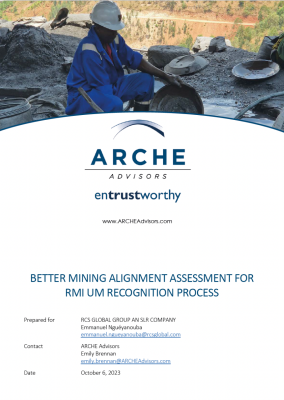
Better Mining Alignment Assessment for RMI UM Recognition Process
Read the assessment report here.
Some of the supporters of Better Mining
RCS Global Group is grateful for all corporations and development sector partners which enable our impact creation by supporting Better Mining implementation.
Downstream


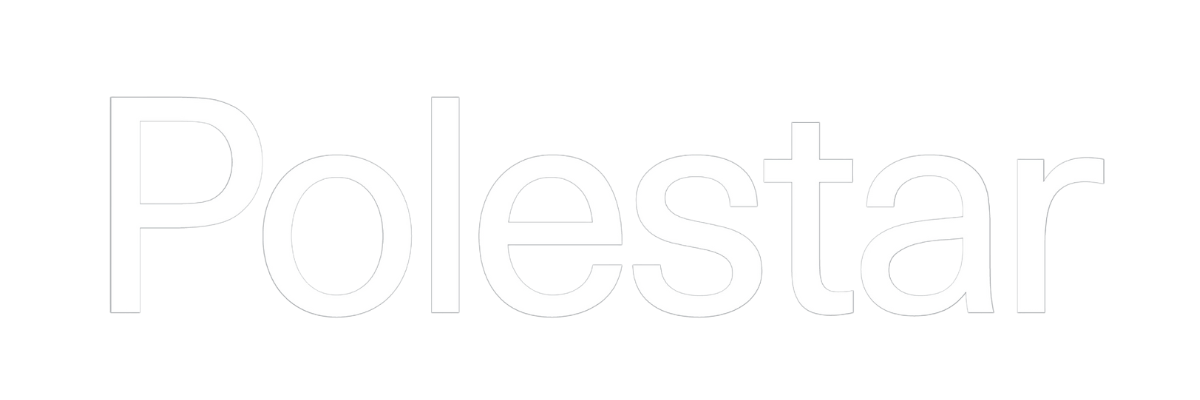


Midstream


Mines



Development Cooperation


How Better Mining works
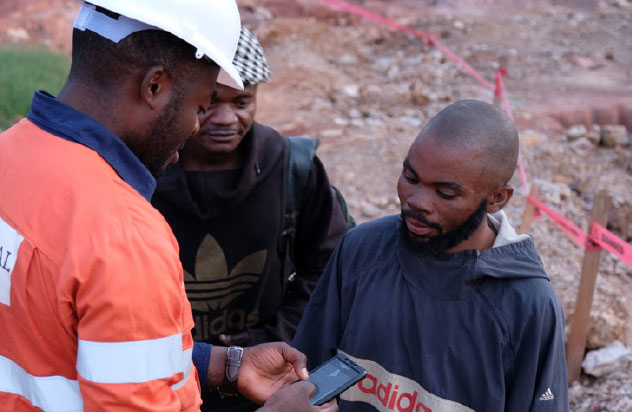

Collection
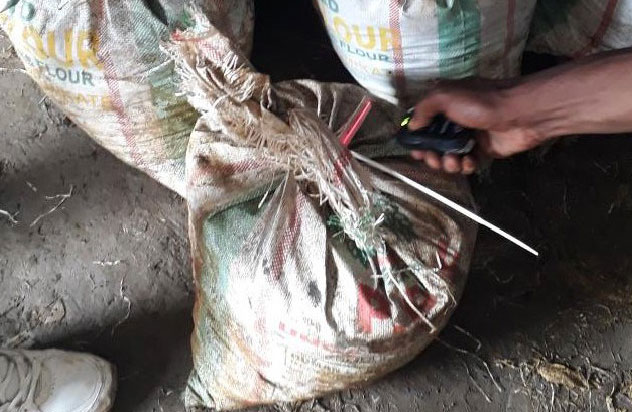

Traceability
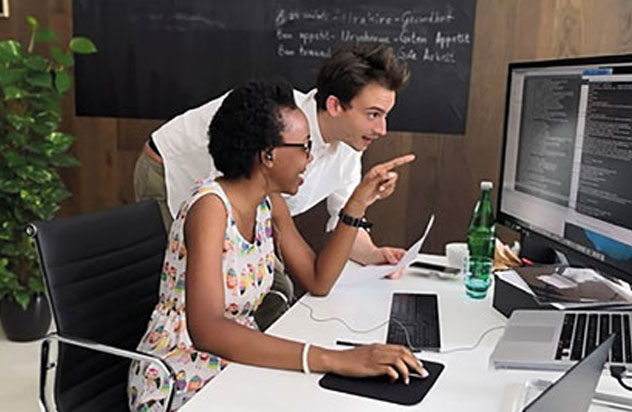

Analysis


Provision
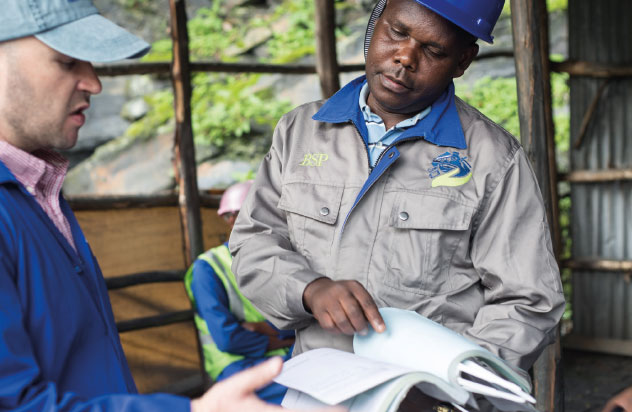

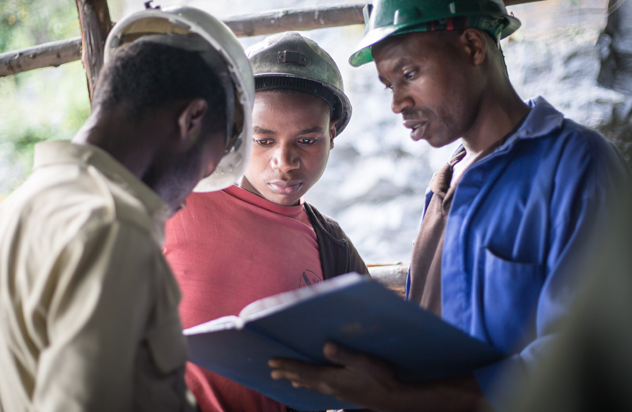
and Monitoring
-
STORIES OF CHANGE
Training state services to implement better practicesRwanda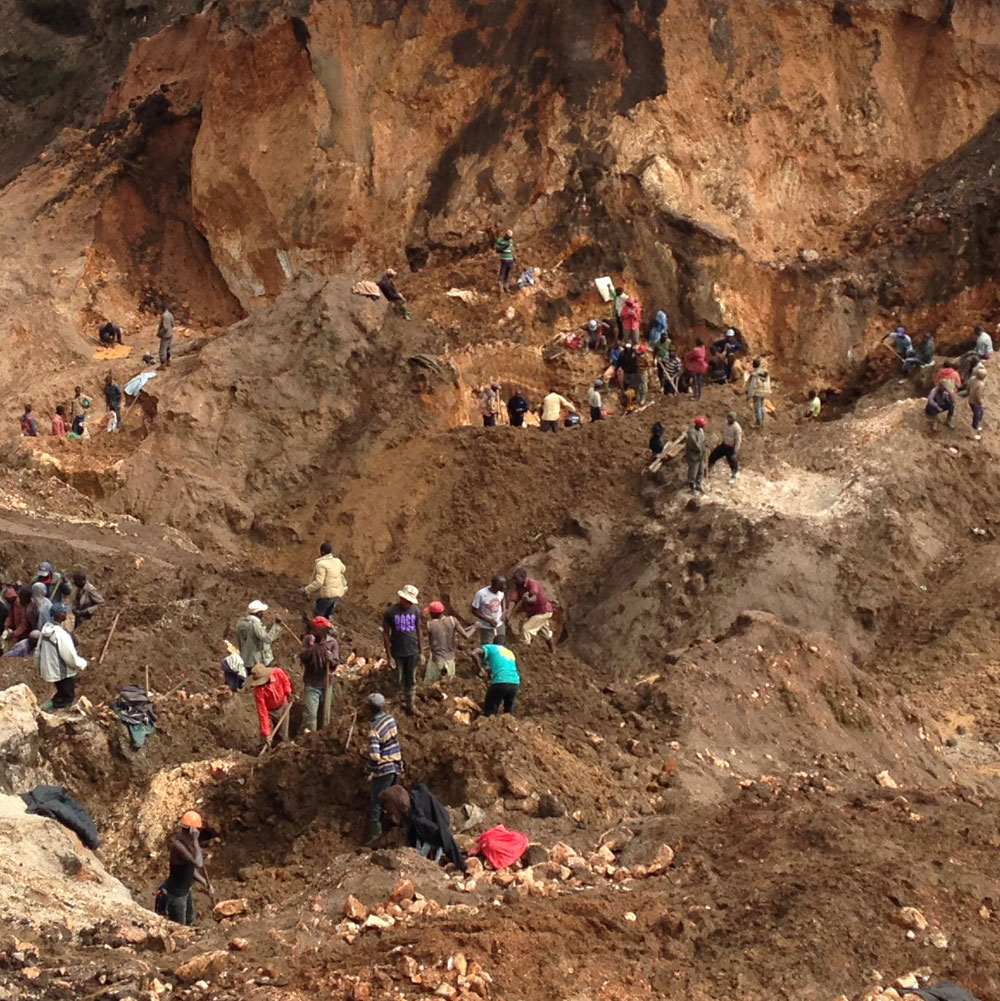
Better Mining has an established presence in Rwanda to implement its Upstream Assurance Mechanism on 25 ASM mine sites, 16 of which were active during the reporting period. In the Rwandan implementation context, Better Mining has maintained a good working relationship with the Government of Rwanda through the Rwanda Mining Board (RMB), both at capital level and in the Rwandan subregions where the ASM mines are located.
Better Mining is contributing significantly to the Rwandan Government’s efforts to improve ASM sector governance and to formalise the Rwanda ASM sector.
During the reporting period, Better Mining has validated 25 3T shipments digitally traced from Better Mining monitored ASM mines in Rwanda. An important aspect of this process is fulfilling Government requirements in regularly sharing with the Government of Rwanda traceability reports from Rwandese ASM mines, produced by TRACE, RCS Global’s digital traceability system.
-
STORIES OF CHANGE
Building the capacity of host Government and State servicesDemocratic Republic of the Congo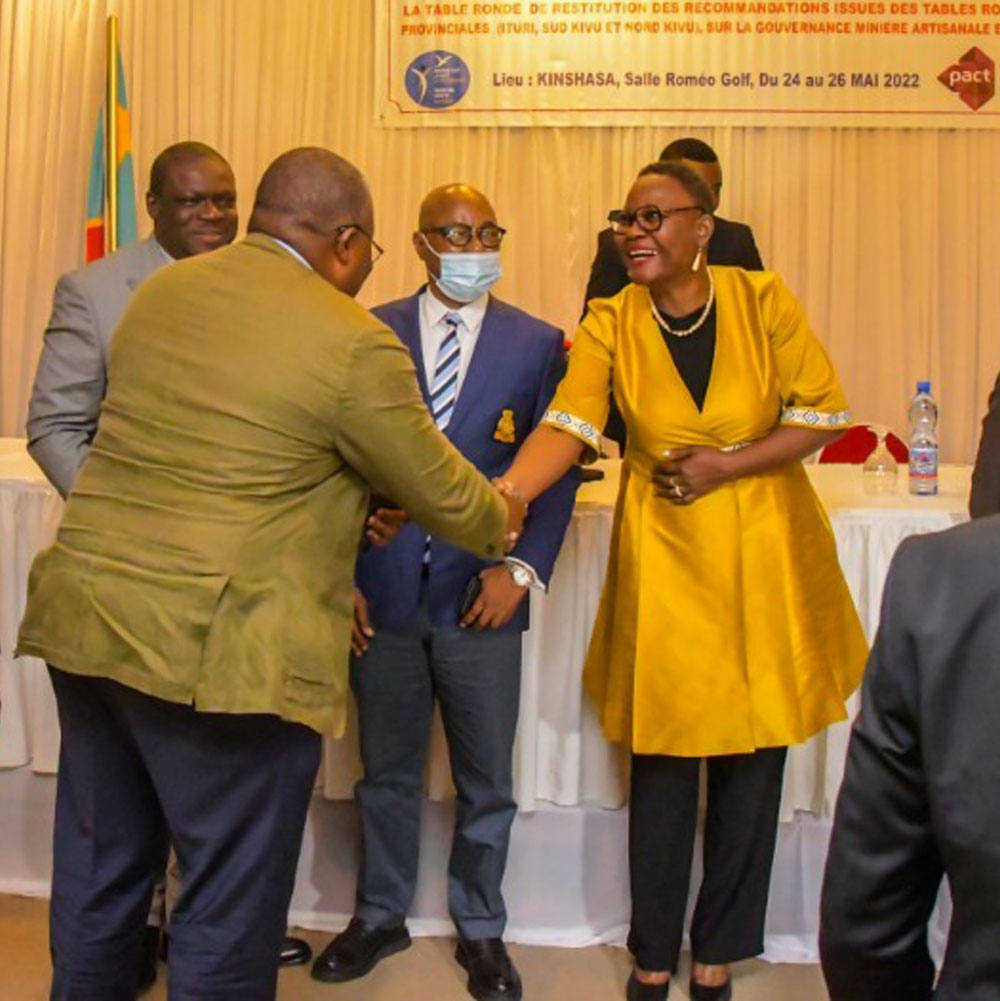
Collaborative, consistent, and constructive engagement with Government at the local and national levels serves as a fundamental part of delivering continuous improvement in the ASM sector. This is because the Government acts as a rule setter, regulator, and through its state services, also as a technical actor in the ASM sector.
The better-informed national Government is about realities in the ASM sector, the more adept it can be at regulating it. The better Government services can technically assist the sector, the more conditions in the sector are likely to improve. And it is continuous improvement of the conditions in the ASM sectors that is our common objective with Governments.
The better Government services can technically assist the sector, the more conditions in the sector are likely to improve. And it is continuous improvement of the conditions in the ASM sectors that is our common objective with Governments.
-
STORIES OF CHANGE
Driving responsible practices adoption by ASM mining cooperatives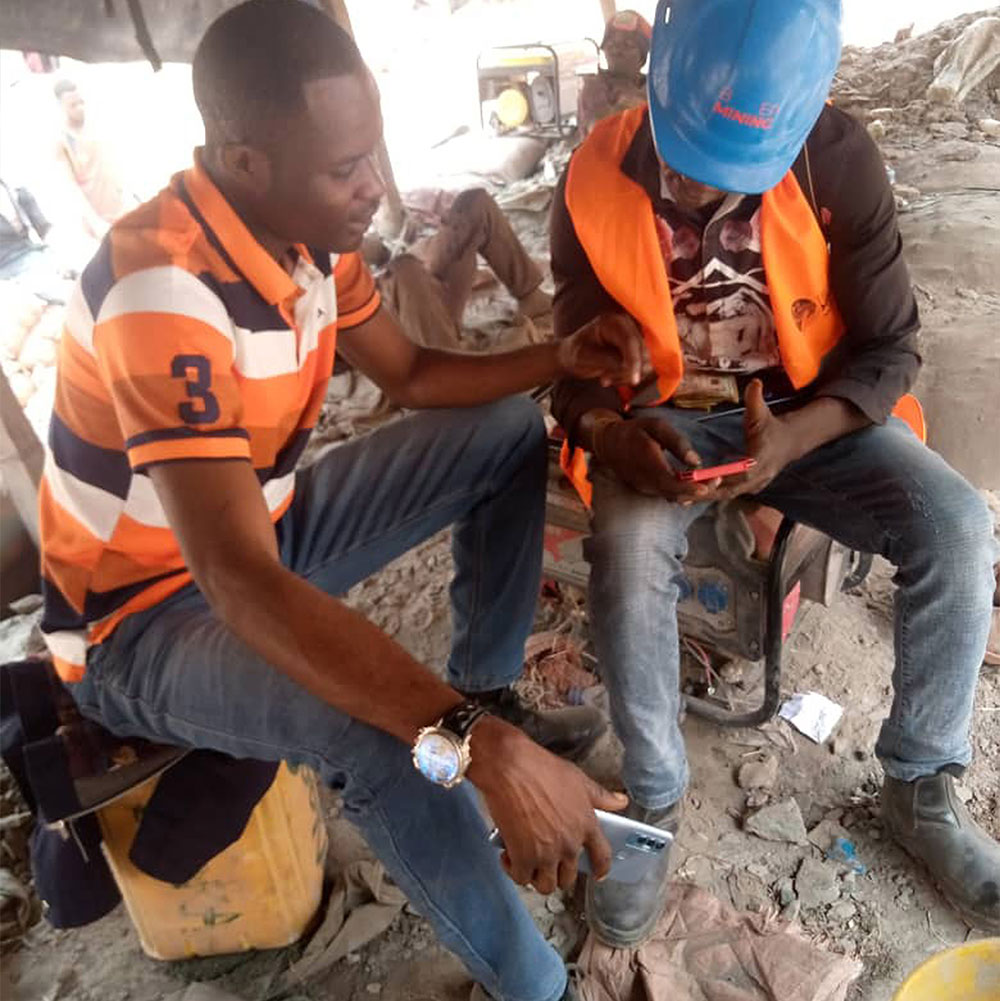
Mining communities are key stakeholders in the ASM sector and Better Mining now reaches over 55,000 ASM miners, most of whom are members of registered cooperatives, which is the legally recognised organisational form for ASM miners in the DRC Mining Code. ASM cooperatives are a daily interaction partner for Better Mining across the ASM mines in the program. We are committed to enhance cooperatives’ and other ASM actors’ capacity to adopt more responsible practices for them to be able to participate in responsible value chains more meaningfully.
During the past 12 months, 50 capacity-building trainings recommended by Better Mining were delivered across DRC and Rwanda. Of these trainings, 20% were directly delivered or supported by Better Mining. Training and collaboration with local stakeholders via active risk management measures is Better Mining’s preferred approach to build local capacity.
-
STORIES OF CHANGE
Fighting child labour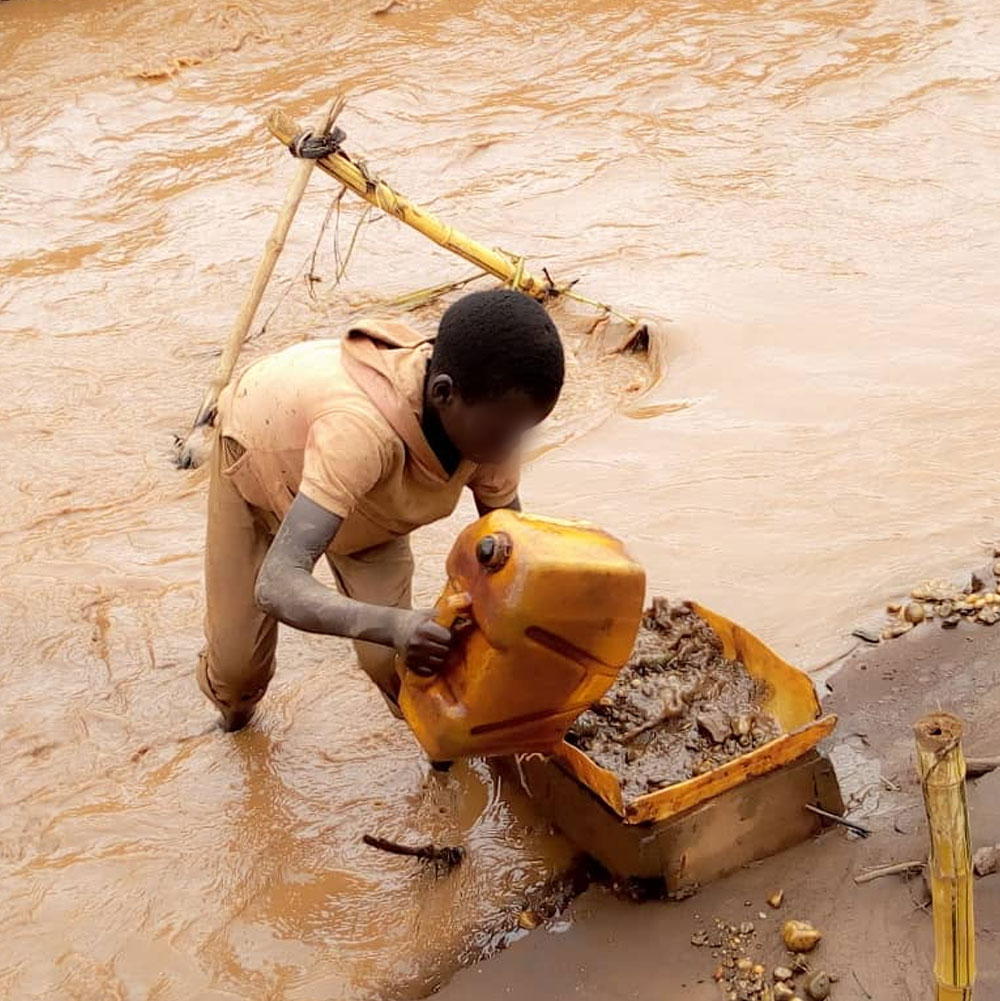
Child labour remains a persistent issue across ASM. In cobalt alone, it is estimated that as many as 35,000 of the DRC’s 255,000 artisanal cobalt miners are children1. This happens even though children younger than 18 years old are not even legally allowed to enter mining areas in the DRC. Extreme poverty in mining communities remains the number one reason for children to engage in such dangerous activities. The Covid-19 pandemic has further exacerbated the child labour situation through school closures and additional economic hardship.
During the reporting period, Better Mining identified 240 cases, of which nearly 50% were classified as Worst Forms of Child Labour (WFCL) across all monitored ASM sites. This shows that Better Mining risk identification and assessment works. Our approach doesn’t apply sticking plasters, we identify and track risks systematically to enable real solutions.
Due Diligence Documentation of participating companies
-
 Better Mining helps provide that ‘boots on the ground’ engagement. […] it helps us understand how we can use our resources in a way that is sustainable and effective for the communities that mine the raw minerals we need for our products. […] having these agnostic programmes and standards to address salient risks related to mining are crucial to our success.Erin MitchellResponsible Minerals
Better Mining helps provide that ‘boots on the ground’ engagement. […] it helps us understand how we can use our resources in a way that is sustainable and effective for the communities that mine the raw minerals we need for our products. […] having these agnostic programmes and standards to address salient risks related to mining are crucial to our success.Erin MitchellResponsible Minerals
Program Manager
Intel, October 2021
-
 Child rights infringements linked to artisanal mining are a persistent issue across a vast range of resources from cobalt to gold. We have been actively involved in working to address this challenge and this project with RCS Global’s technical expertise will allow us to systematize, harmonize the interventions on the ground, and scale a common and holistic approach through our entire network.Daniella SavicMining Partnerships
Child rights infringements linked to artisanal mining are a persistent issue across a vast range of resources from cobalt to gold. We have been actively involved in working to address this challenge and this project with RCS Global’s technical expertise will allow us to systematize, harmonize the interventions on the ground, and scale a common and holistic approach through our entire network.Daniella SavicMining Partnerships
Coordinator
UNICEF DRC
-
 “We see the real changes in ESG performance of those ASM sites where the Better Mining programme is deployed. When comparing to much slower moving formalisation efforts, the key benefits of Better Mining is its low cost and rapid scalability. It is therefore a really great complementary solution [and]
“We see the real changes in ESG performance of those ASM sites where the Better Mining programme is deployed. When comparing to much slower moving formalisation efforts, the key benefits of Better Mining is its low cost and rapid scalability. It is therefore a really great complementary solution [and]
why CMOC is supportingBetter Mining”Julie LiangESG Director
CMOC, October 2021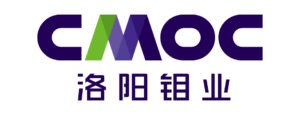
-

The assurance processes and the mechanisms to ensure responsible sourcing are amplified. Better Mining is an organization that we have worked with for a while now in the DRC and it is our assurance mechanism and feet on the ground. The importance of that is to have an organization that is there on the ground to ensure the different conditions we have set are being met.
Linn FortgensDirector of Sustainability and Supply Chain Management
Volvo Cars, January 2021
RCS Global Group in the media






